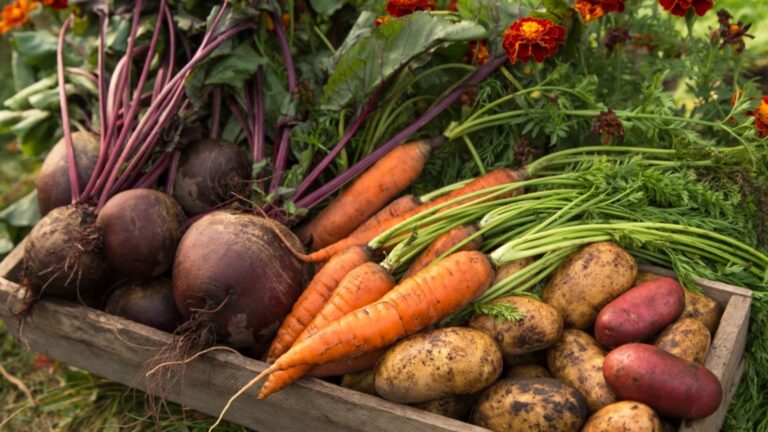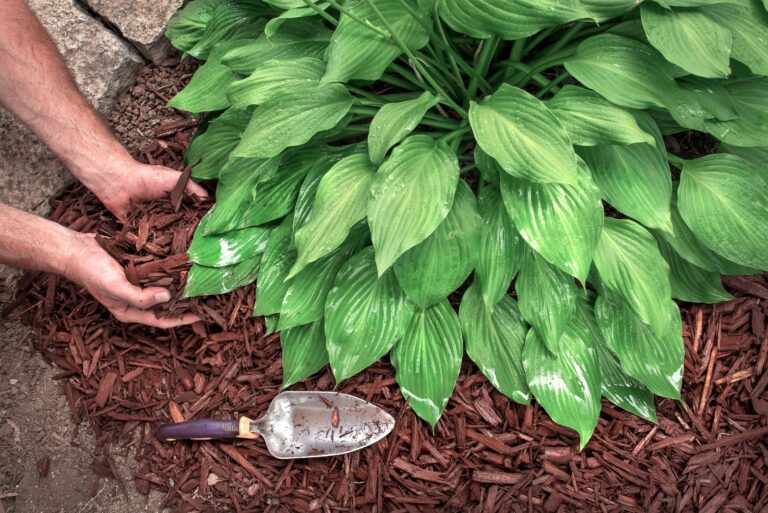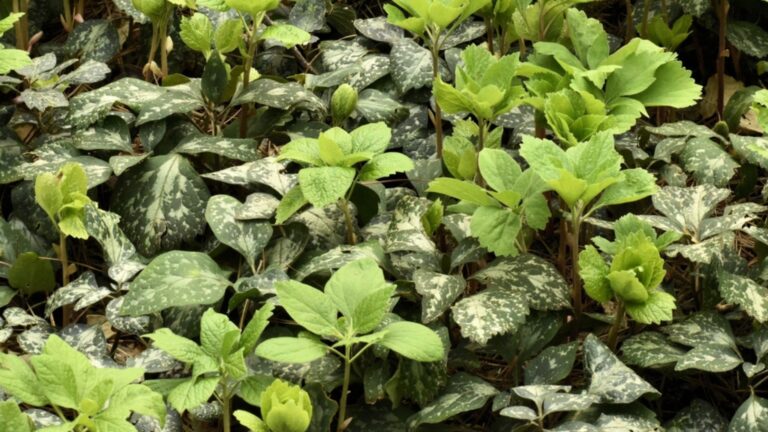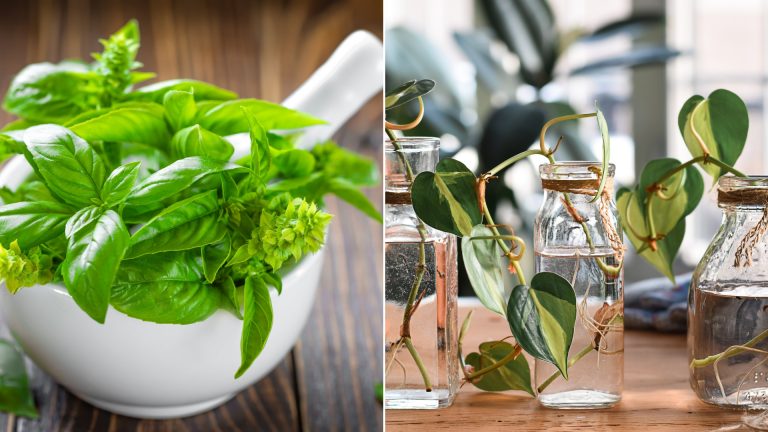21 Natural Pain Relievers You Can Grow in Your Garden
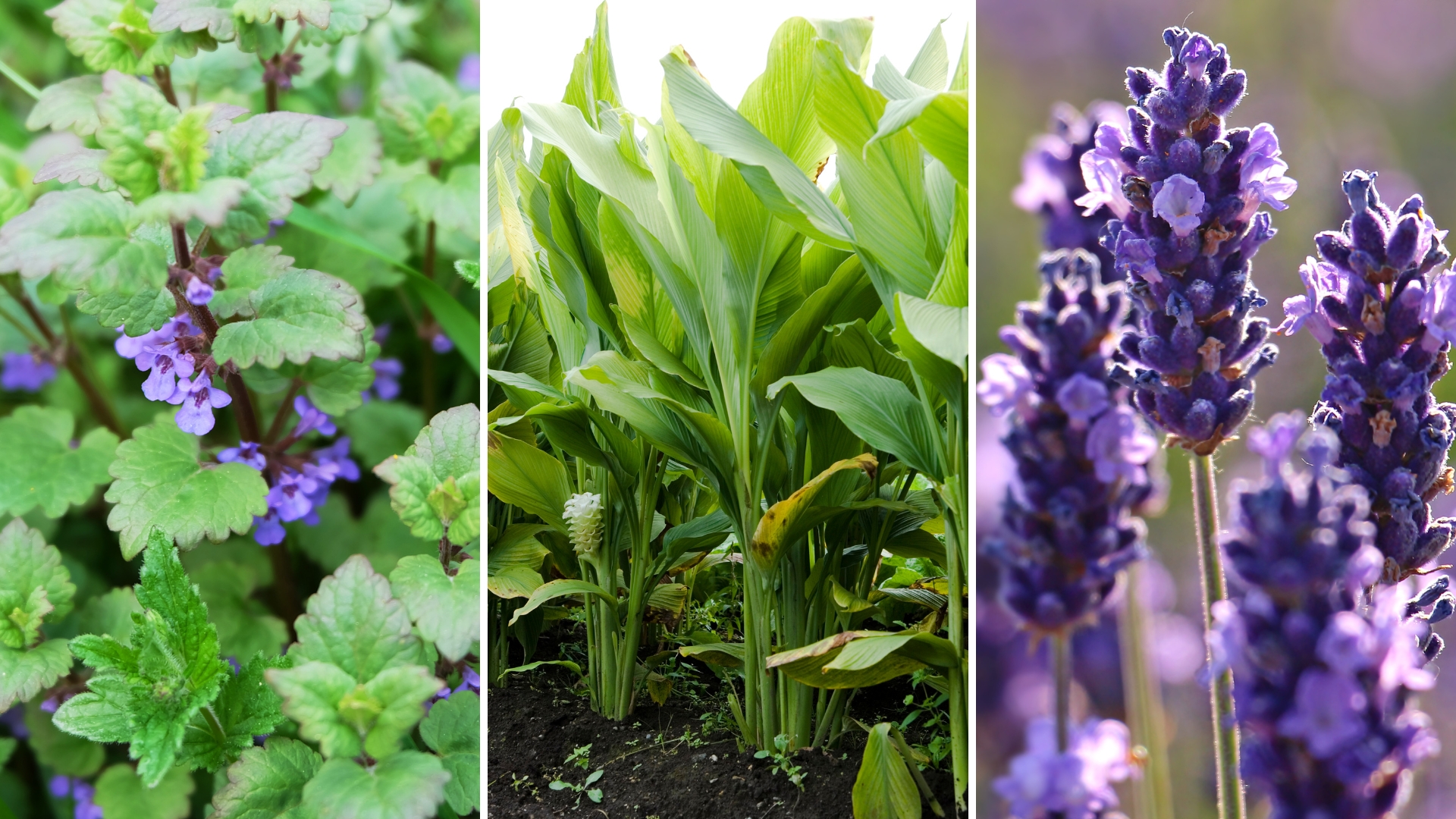
Discover the power of nature with these incredible plants that offer natural pain relief right from your own garden.
Each of these 21 plants not only provides a soothing remedy for aches and pains but also brings beauty to your outdoor space.
With detailed descriptions and growing tips, you’ll find everything you need to cultivate your own healing garden.
1. Lavender
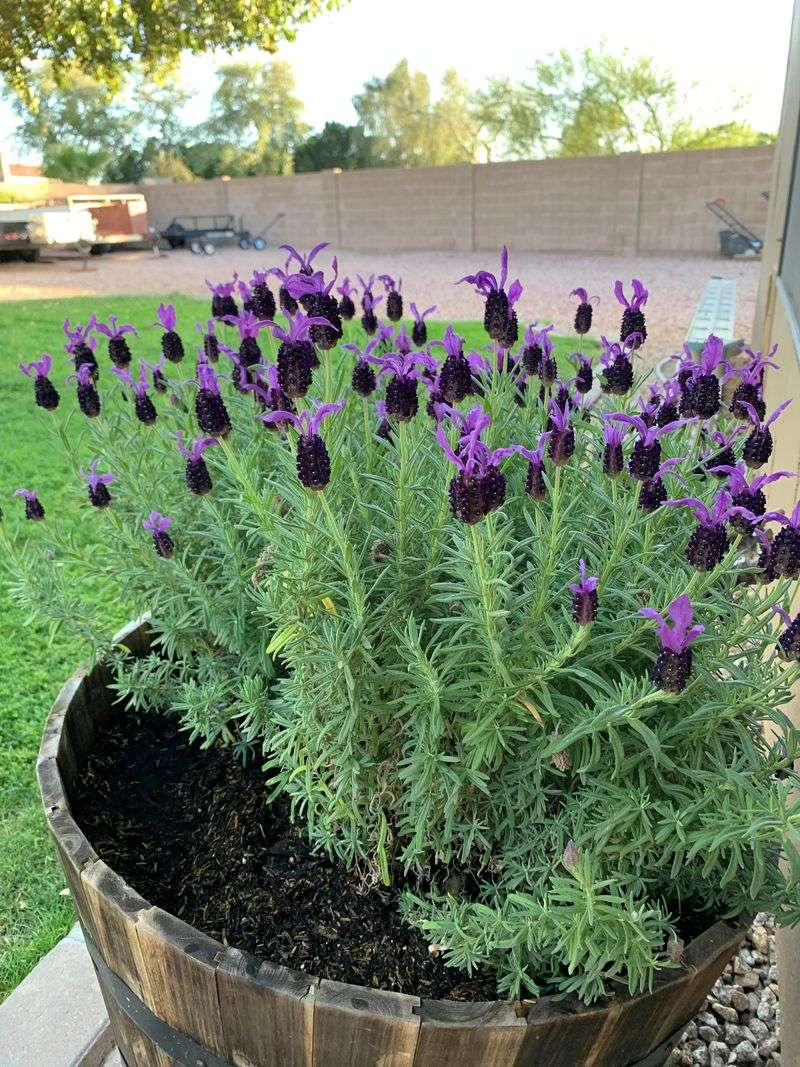
Beyond its captivating scent, lavender is praised for its calming properties, often used to relieve headaches and muscle tension.
This aromatic herb, with its vibrant purple blossoms, can be a soothing addition to your garden.
Growing lavender requires a sunny spot with well-drained soil, making it perfect for a rock garden or container planting. Regular pruning after flowering will encourage bushier growth and more blooms.
2. Peppermint
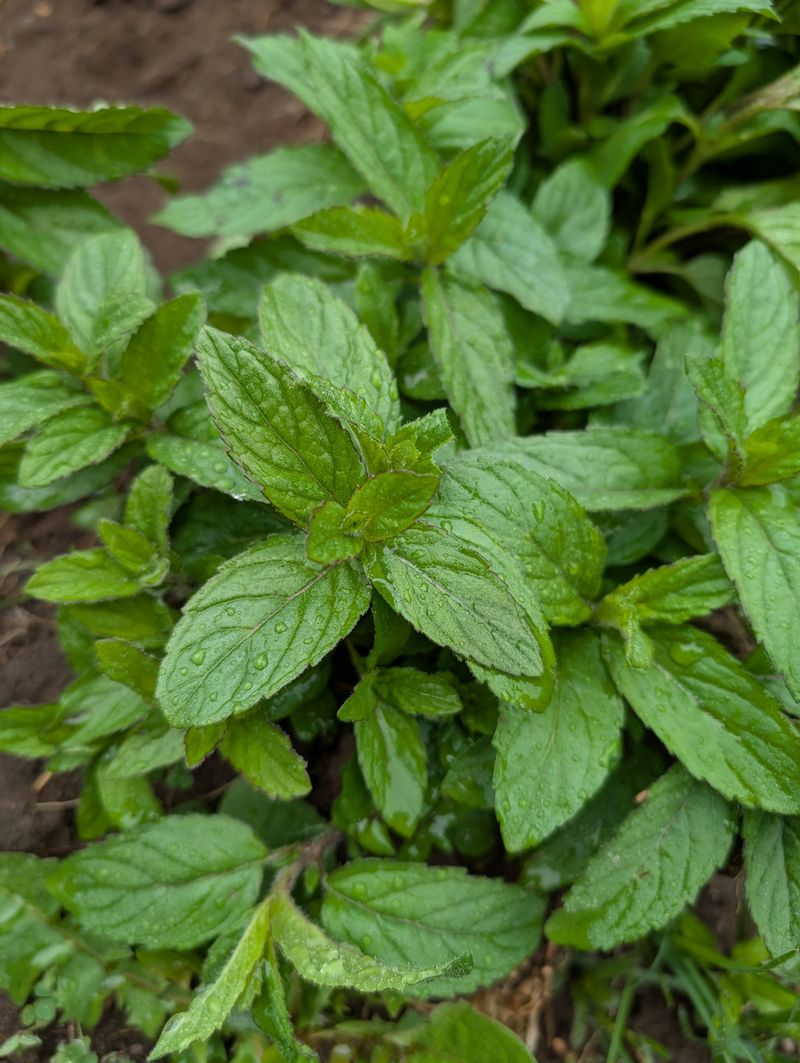
Known for its fresh aroma and invigorating qualities, peppermint is a natural choice for easing headaches and digestive discomfort.
This lush green herb, with its distinctive menthol scent, can be used in teas or topical applications. Plant peppermint in a spot with partial shade and rich, moist soil to keep it thriving.
Consider growing it in containers to prevent it from overtaking your garden.
3. Chamomile
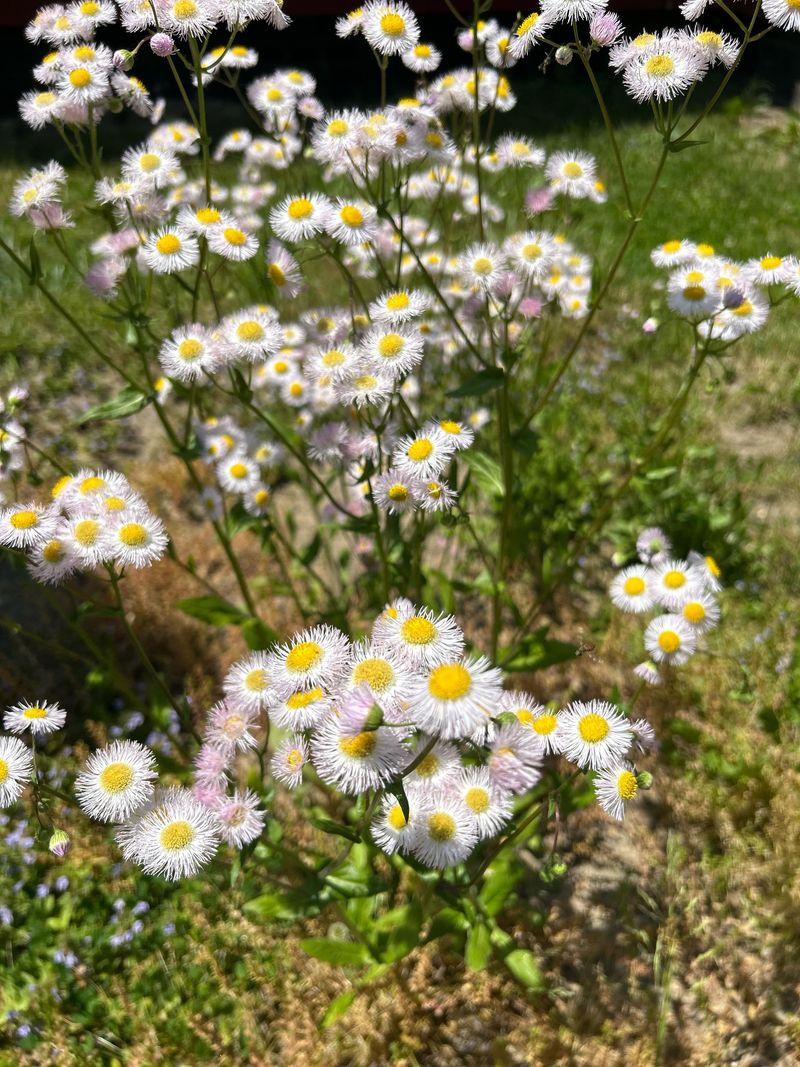
Famed for its gentle sedative effects, chamomile is often used to calm nerves and reduce anxiety. These charming daisy-like flowers add a touch of grace to any garden.
Chamomile thrives in well-drained soil and a sunny location, making it ideal for herbal tea gardens. Sow the seeds directly in the garden and keep the soil lightly moist for successful growth.
4. Calendula
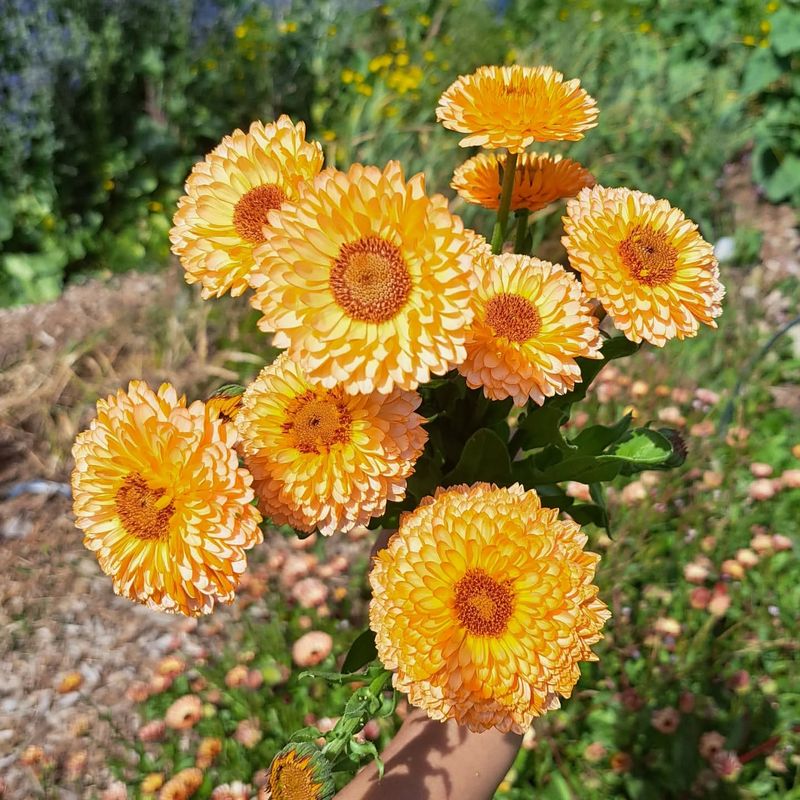
Celebrated for its anti-inflammatory properties, calendula can soothe skin irritations and aid in healing wounds.
The bright orange flowers not only provide medicinal benefits but also bring cheer to your garden.
Calendula prefers a sunny spot with average garden soil, and it will self-seed, ensuring blooms year after year. Regular deadheading will promote more flowers and extend the blooming season.
5. Ginger
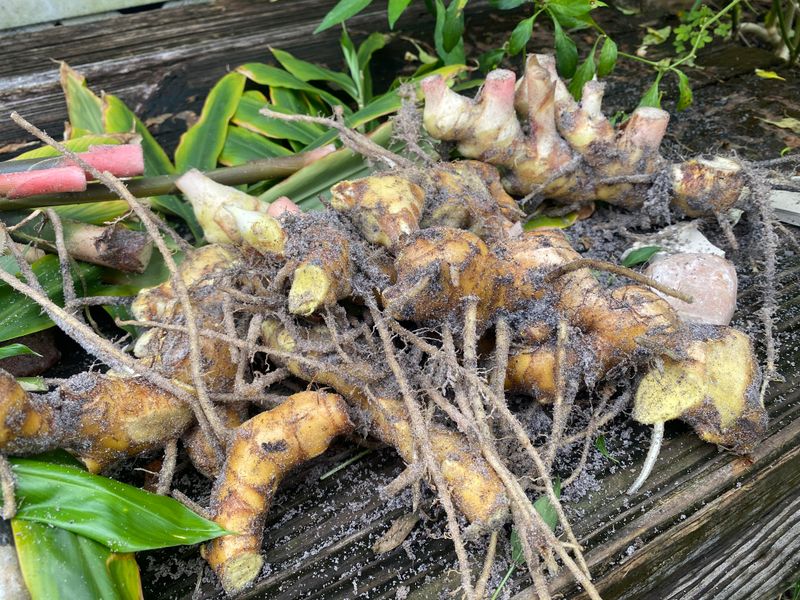
Renowned for its warming effects, ginger is a spicy root that alleviates nausea and joint pain. The plant, with its tropical foliage, can be a striking addition to your garden.
Plant ginger in a warm, humid area with rich, loose soil to mimic its natural habitat. Ensure regular watering and partial shade for optimal growth.
6. Echinacea
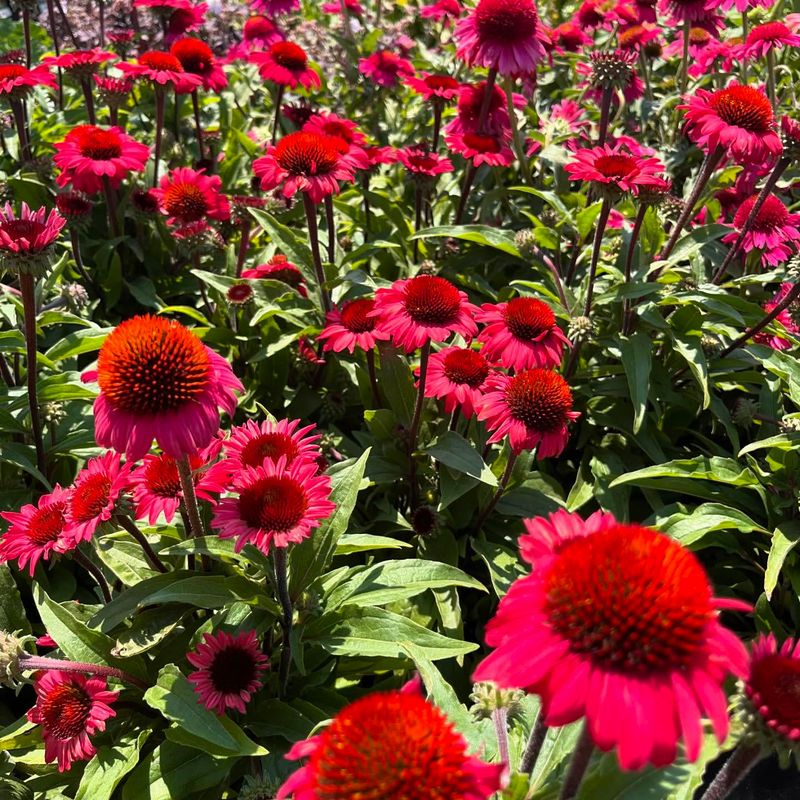
Echinacea is cherished for its immune-boosting properties and ability to reduce inflammation, making it a popular remedy for colds and aches.
These striking flowers, with their vibrant hues, are a standout in any garden. Echinacea thrives in full sun and well-drained soil, making it a low-maintenance choice for gardeners.
Allow the flowers to dry and self-seed for continuous growth.
7. Rosemary
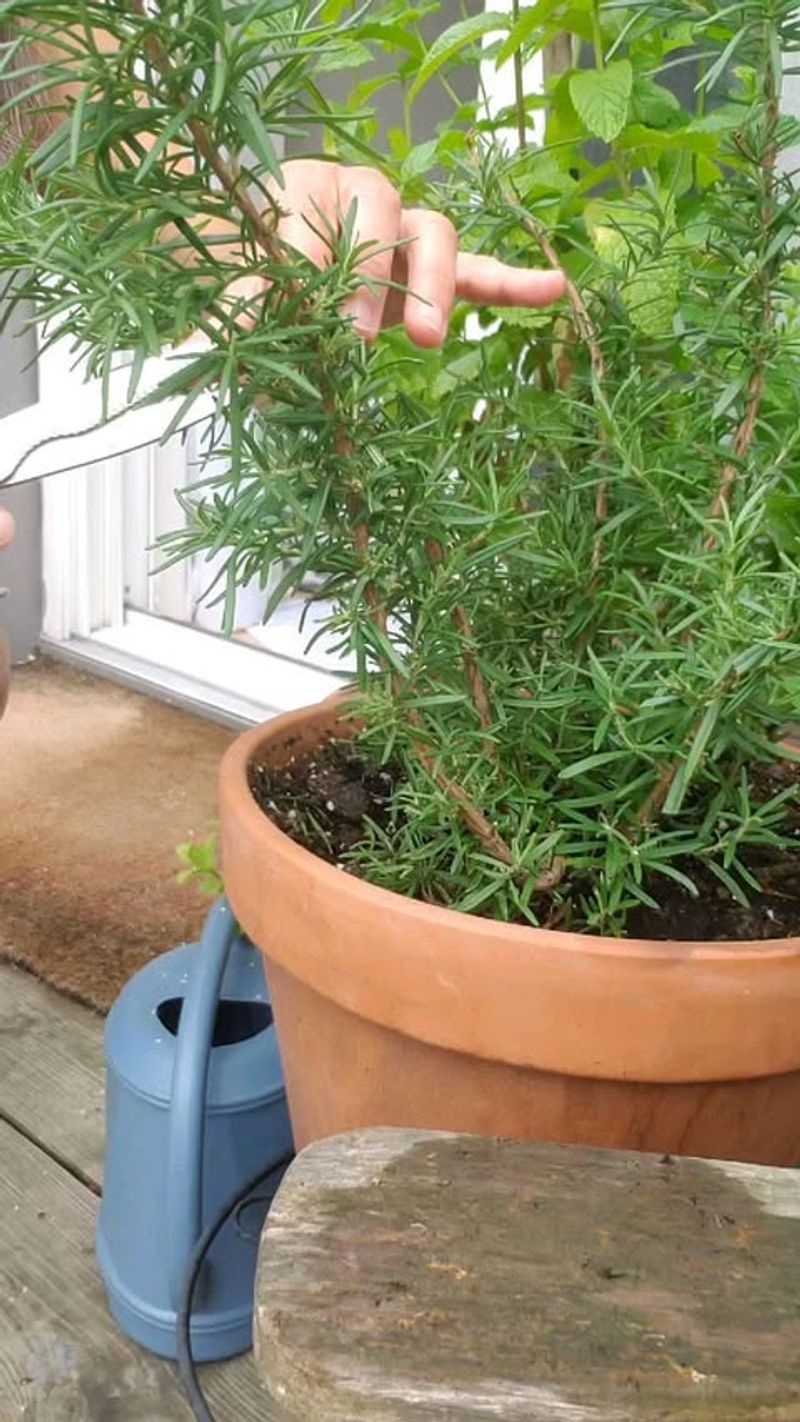
Beyond its culinary uses, rosemary offers anti-inflammatory benefits that can ease muscle pain and improve circulation.
This woody herb, with its needle-like leaves, adds both flavor and fragrance to your garden. Plant rosemary in a sunny spot with well-drained soil, typical of Mediterranean climates.
Regular pruning will encourage denser foliage and more aromatic leaves.
8. Aloe Vera
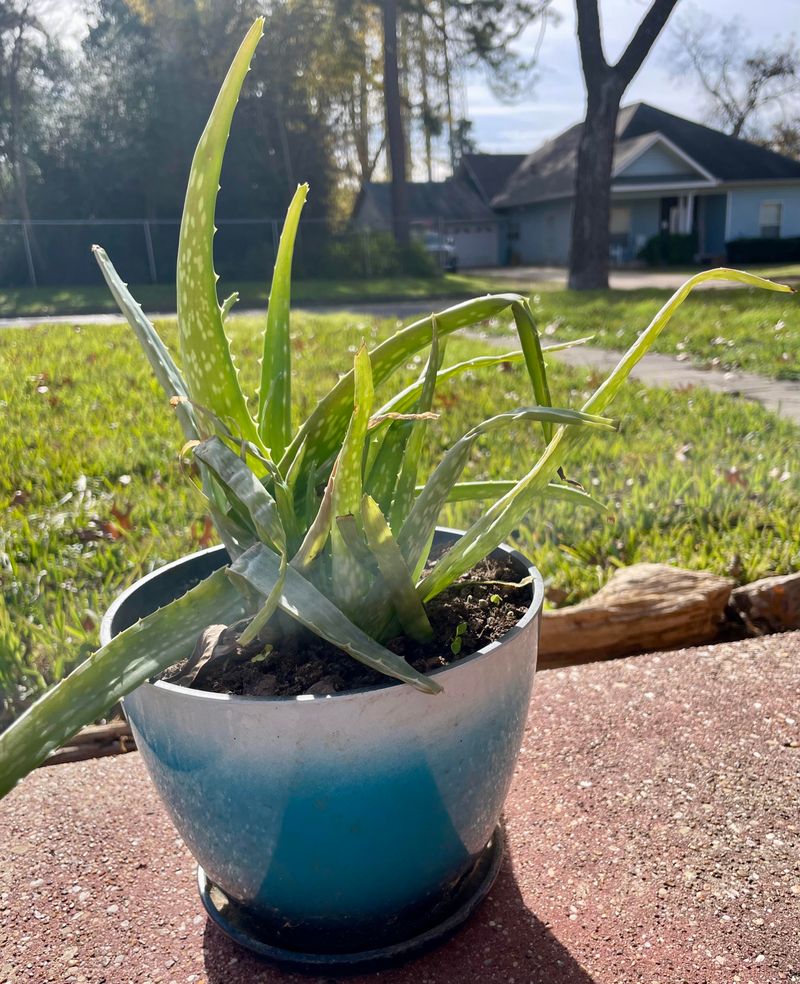
Aloe vera is famed for its soothing gel, which alleviates burns and skin irritations. This succulent plant, with its fleshy leaves, is both a medicinal powerhouse and a decorative feature.
Aloe vera thrives in pots with well-draining soil, making it perfect for indoor or outdoor settings. Minimal watering and bright light will keep it healthy and ready for use.
9. Thyme
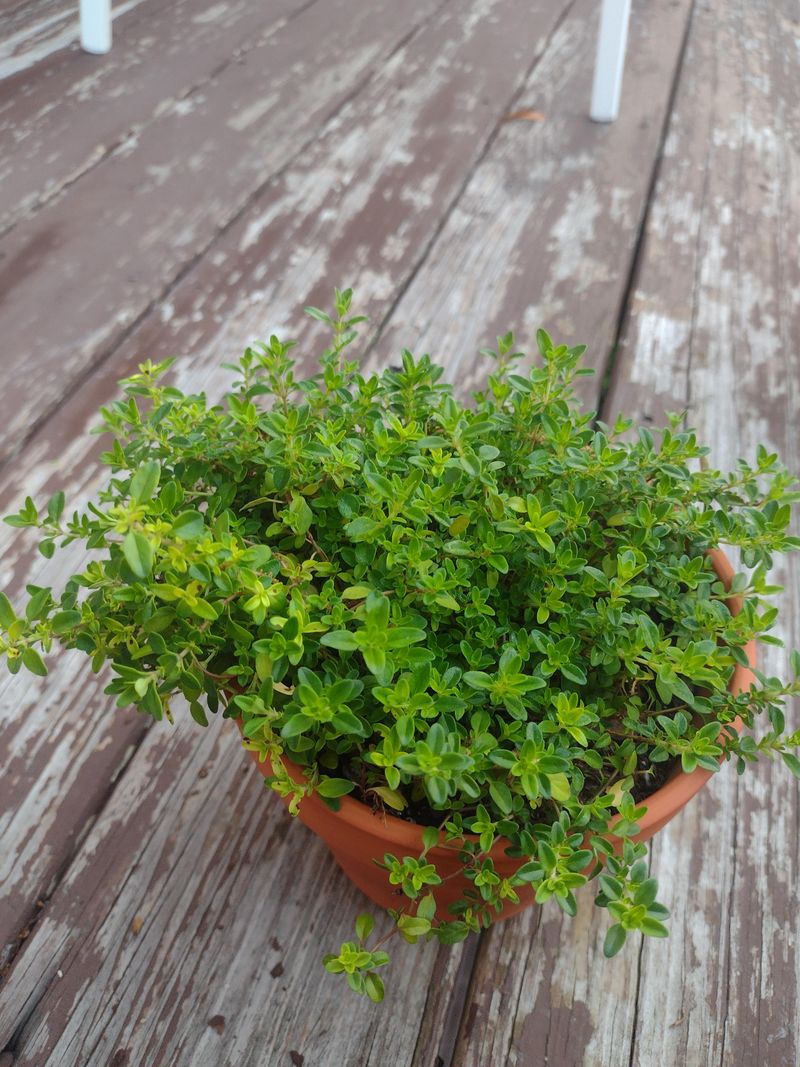
Thyme is not only a flavorful herb but also a natural remedy for respiratory issues and infections. This perennial herb, with its tiny purple flowers and green leaves, is a versatile addition to any garden.
Plant thyme in a sunny area with well-drained soil to replicate its native Mediterranean habitat.
Regular harvesting will encourage bushy growth and more flavorful leaves.
10. Turmeric
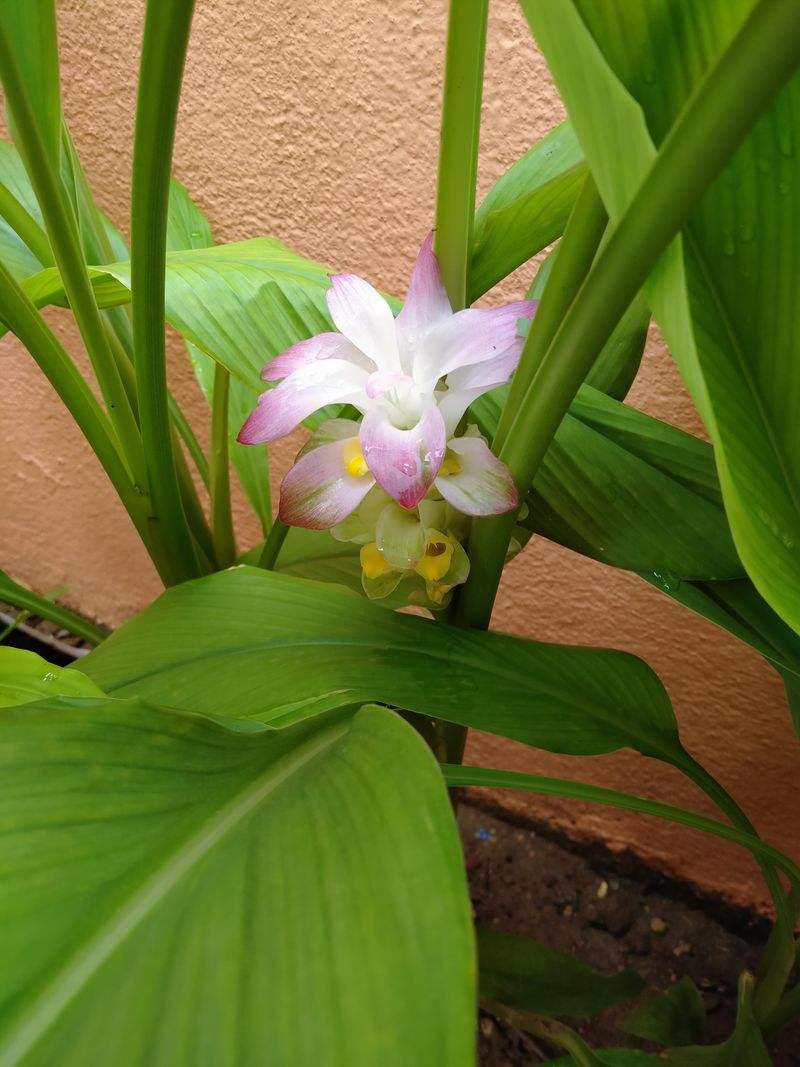
Celebrated for its potent anti-inflammatory effects, turmeric is a golden root that can soothe joint pain and promote healing. The plant, with its broad leaves and underground rhizomes, adds a touch of the exotic to your garden.
Turmeric thrives in warm, humid conditions with rich, well-drained soil. Regular watering and partial shade will support healthy growth and vibrant roots.
11. Basil
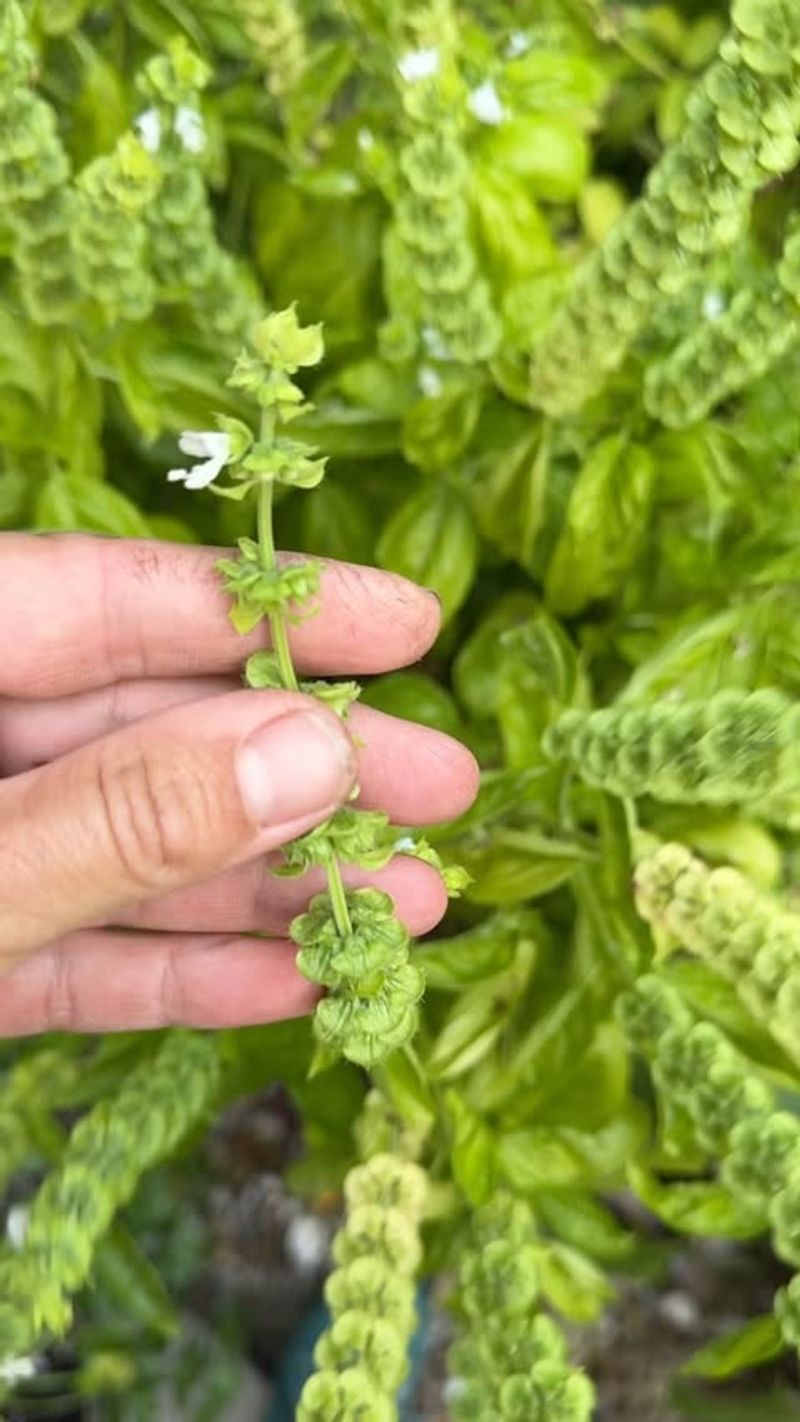
Basil is more than a culinary delight; it offers anti-inflammatory benefits that can help reduce swelling and pain. This fragrant herb, with its lush green leaves, is a staple in gardens worldwide.
Plant basil in a sunny spot with rich, well-drained soil, and ensure regular watering to keep it thriving. Pinch back the tips to encourage bushier growth and more leaves.
12. St. John’s Wort
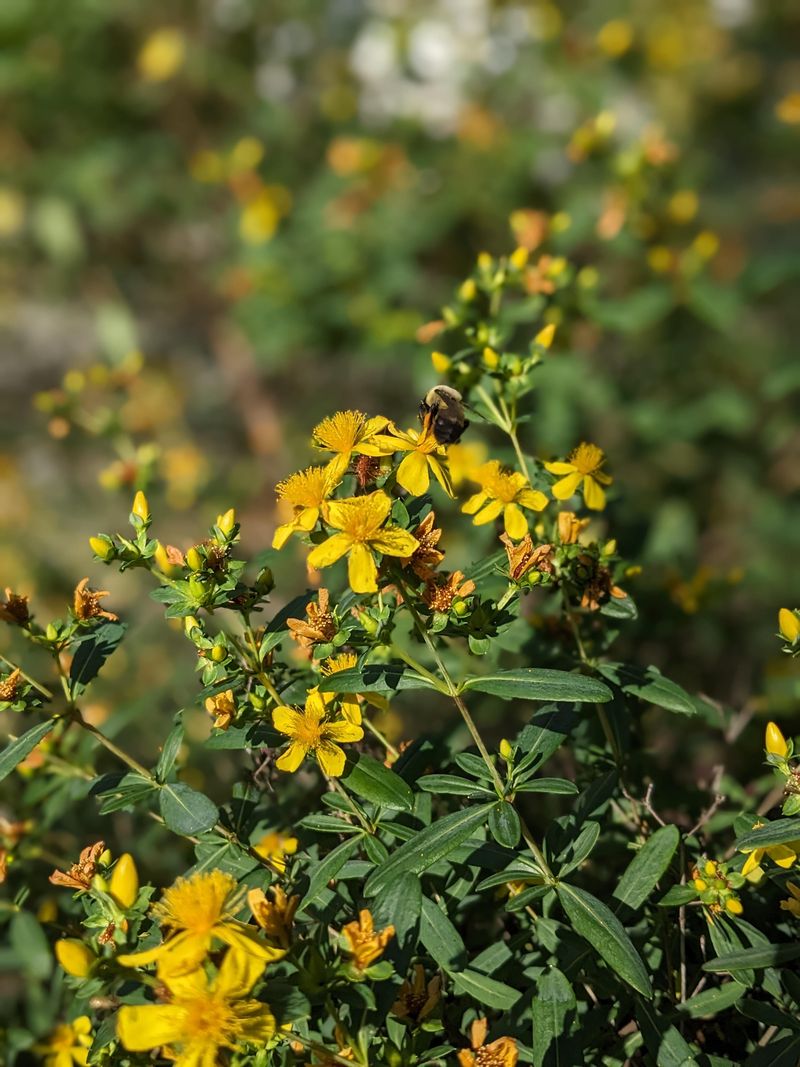
Traditionally used for its mood-enhancing effects, St. John’s Wort also offers relief for nerve pain and inflammation.
These bright yellow flowers, with their distinctive five petals, add sunshine to any garden. St. John’s Wort prefers full sun and well-drained soil, thriving in both garden beds and containers.
Pruning after flowering will encourage more blooms and compact growth.
13. Valerian
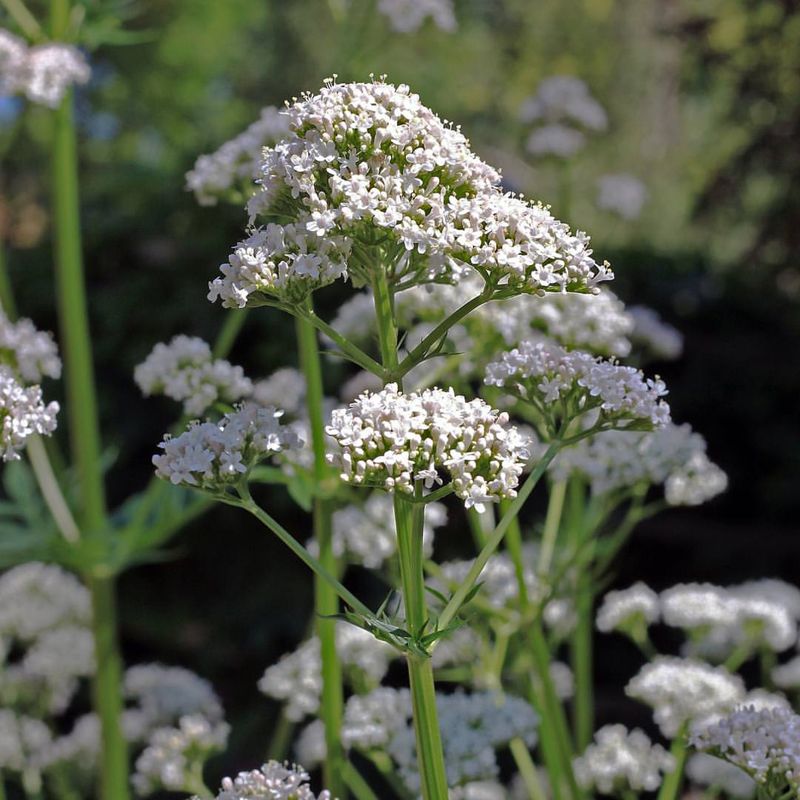
Valerian is renowned for its calming effects, often used to promote sleep and reduce anxiety. The plant, with its feathery leaves and clusters of small flowers, adds a delicate touch to your garden.
Valerian thrives in moist, well-drained soil and partial shade, making it suitable for woodland gardens. Regular harvesting of the roots will maintain the plant’s vigor and potency.
14. Lemon Balm
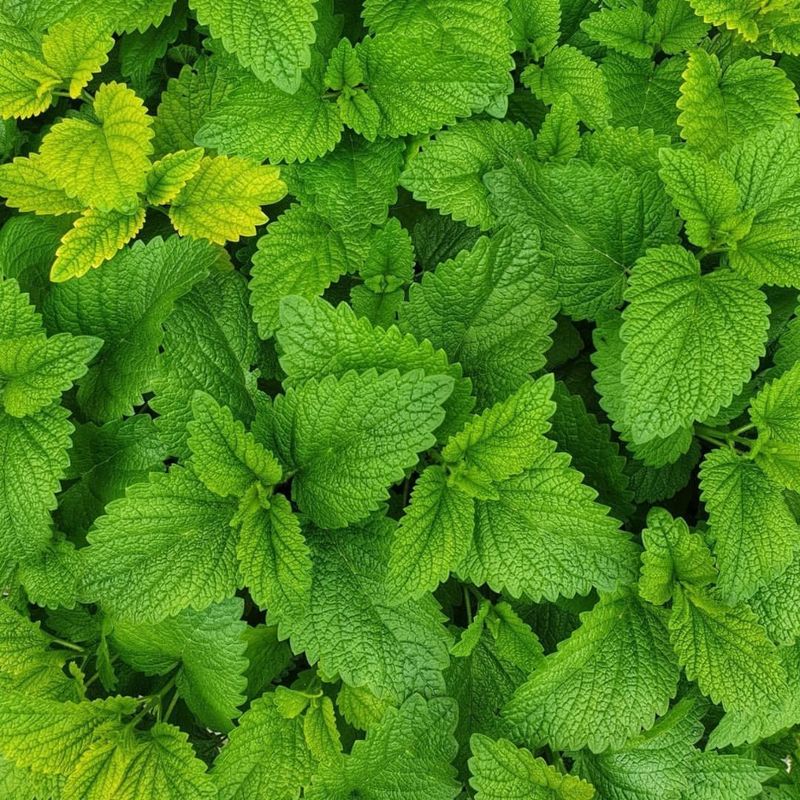
Lemon balm is celebrated for its calming properties, providing relief from stress and anxiety. This fragrant herb, with its lemon-scented leaves, is a delightful addition to any garden.
Plant lemon balm in a sunny location with well-drained soil for optimal growth. Regular pruning will prevent it from becoming too leggy and encourage fuller foliage.
15. Yarrow
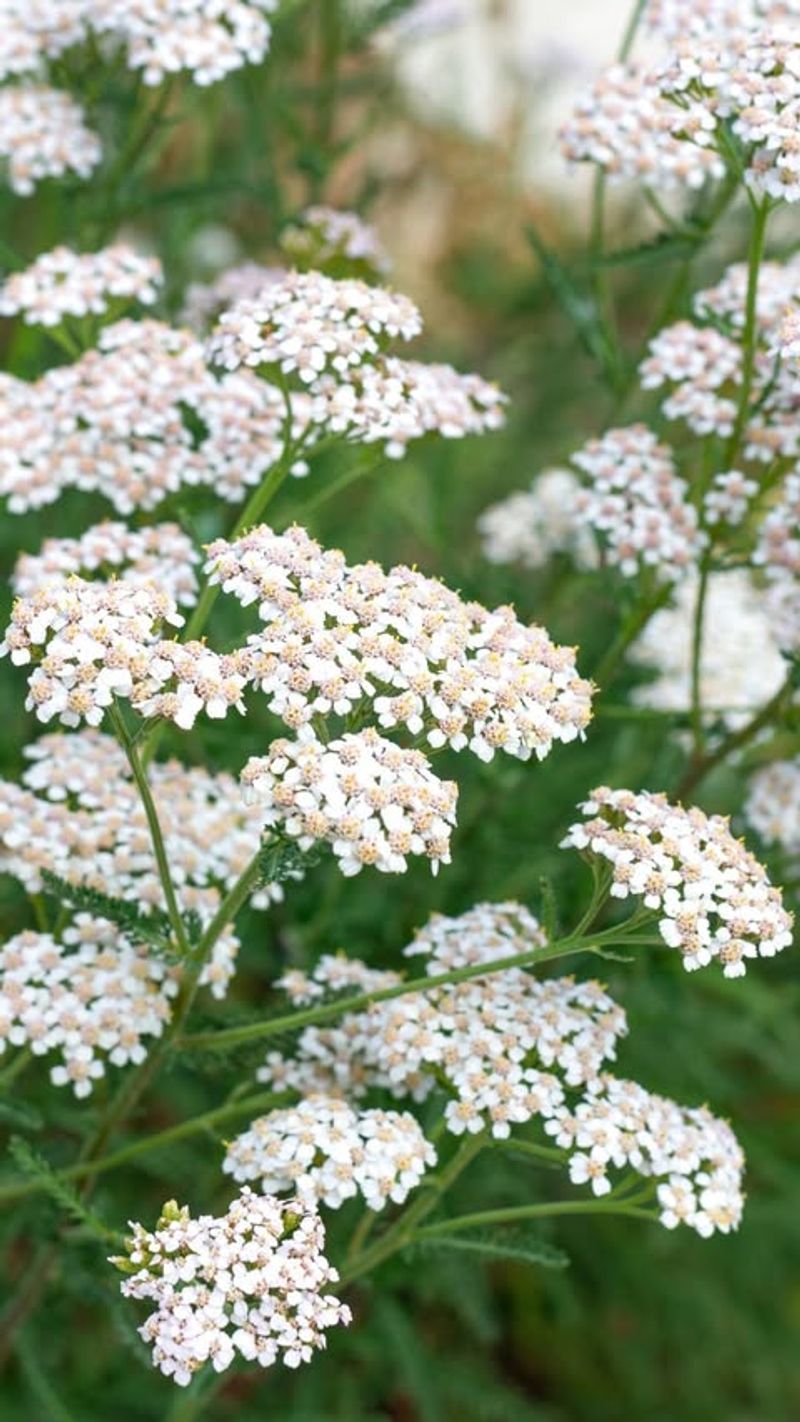
Yarrow is a versatile herb known for its ability to stop bleeding and reduce inflammation. The plant, with its feathery leaves and clusters of white flowers, adds a touch of wild beauty to your garden.
Yarrow thrives in full sun and well-drained soil, making it perfect for rock gardens and borders. Once established, it requires minimal maintenance and will attract beneficial insects.
16. Willow
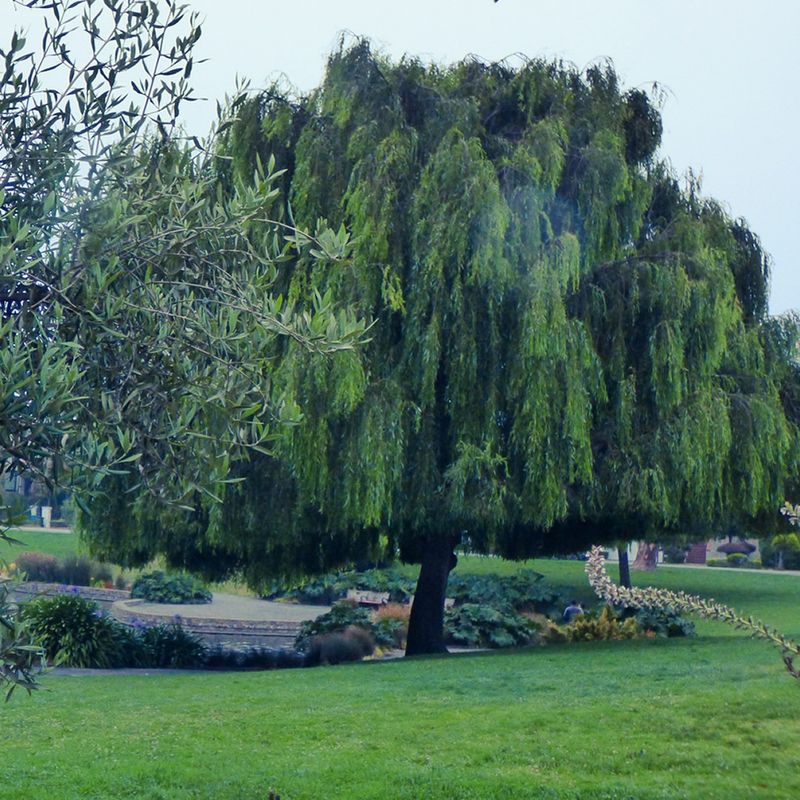
Willow has been used for centuries as a natural pain reliever due to its salicin content. The tree, with its graceful, arching branches, adds a majestic presence to any landscape.
Willow prefers moist soil and sunny locations, often found near streams or ponds. Regular pruning will encourage new growth and maintain the tree’s shape.
17. Passionflower
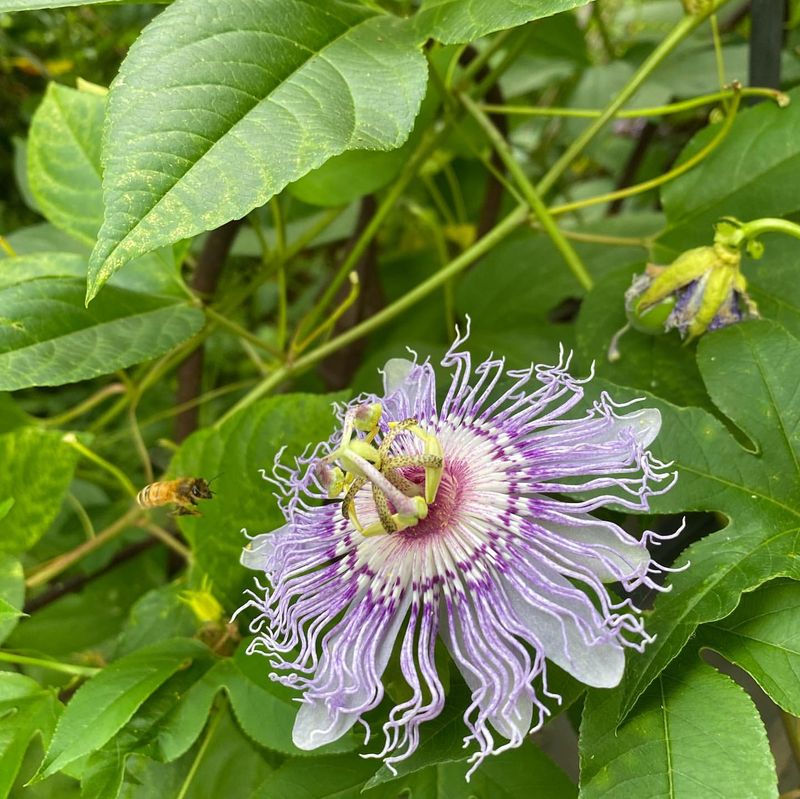
Passionflower is known for its relaxing qualities, often used to ease anxiety and insomnia. The vine, with its strikingly intricate flowers, adds both beauty and functionality to your garden.
Plant passionflower in a sunny spot with well-drained soil and provide a trellis for support. Regular pruning will keep the vine tidy and encourage more blooms.
18. Sage
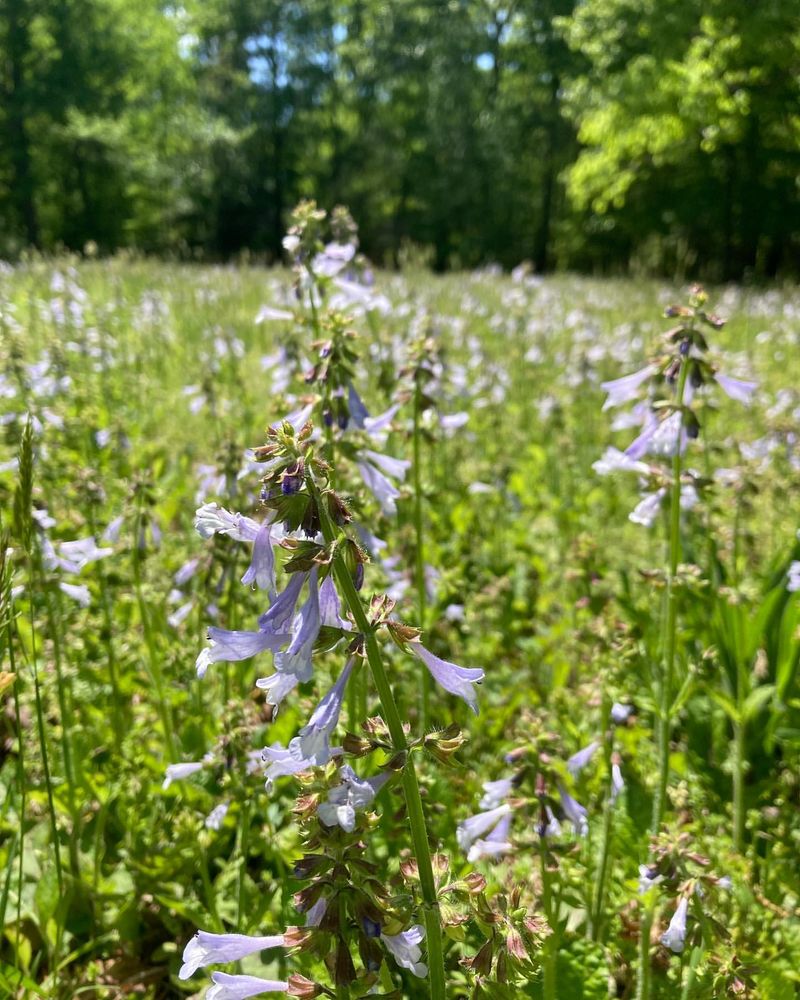
Sage is praised for its anti-inflammatory and antioxidant properties, helpful in reducing pain and enhancing memory.
This herb, with its velvety leaves and aromatic scent, is a staple in both culinary and medicinal gardens.
Plant sage in a sunny location with well-drained soil, typical of its native Mediterranean environment. Regular pruning will encourage bushier growth and prolong its lifespan.
19. Garlic
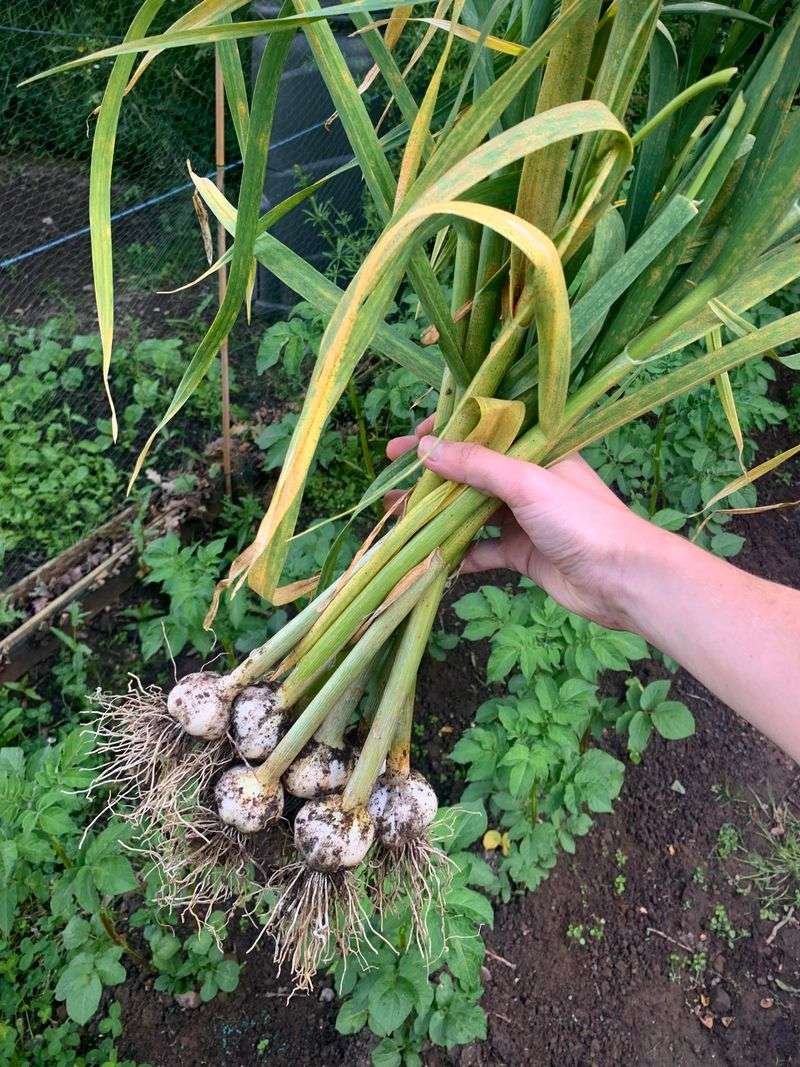
Garlic is renowned not only for its culinary uses but also for its anti-inflammatory and immune-boosting properties.
The plant, with its tall shoots and pungent bulbs, is a must-have for any garden. Plant garlic in a sunny spot with rich, well-drained soil and ensure regular watering.
Harvest the bulbs once the leaves begin to yellow for the best flavor and potency.
20. Comfrey
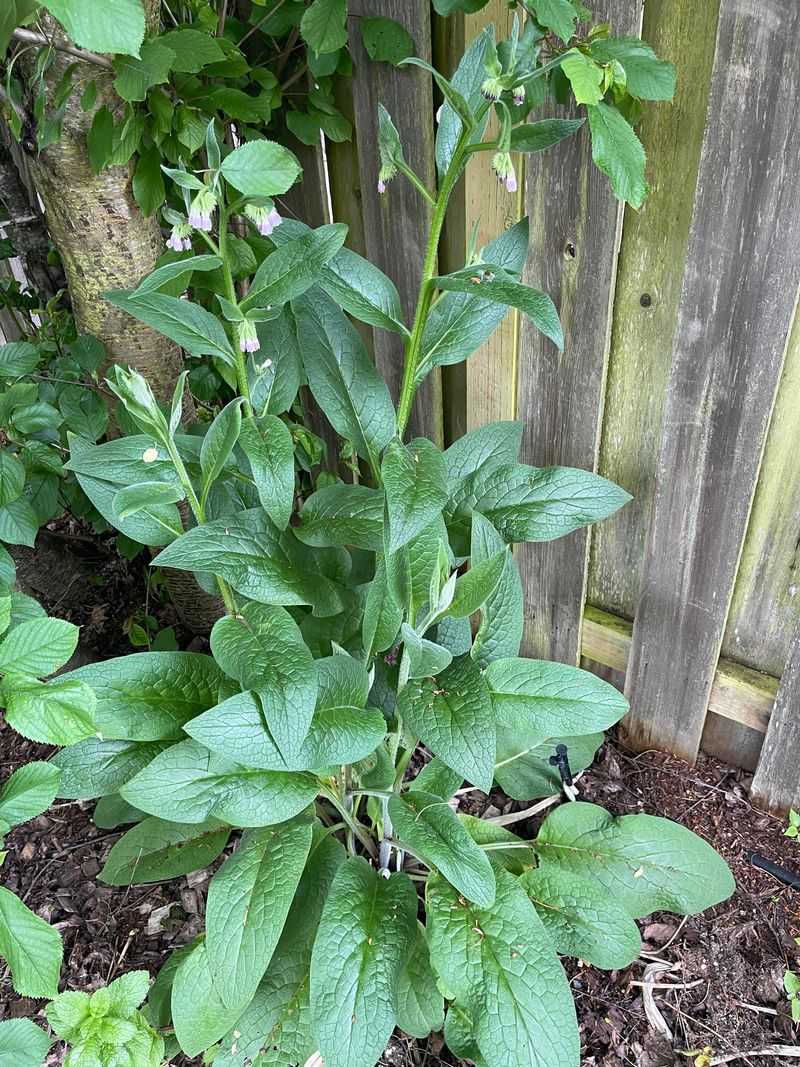
Comfrey is valued for its ability to aid in wound healing and reduce inflammation, thanks to its allantoin content. The plant, with its large leaves and purple flowers, adds a lush, wild look to your garden.
Comfrey thrives in rich, moist soil and can be grown in both sun and partial shade. Regular pruning will prevent it from becoming invasive and promote healthier growth.
21. Catnip
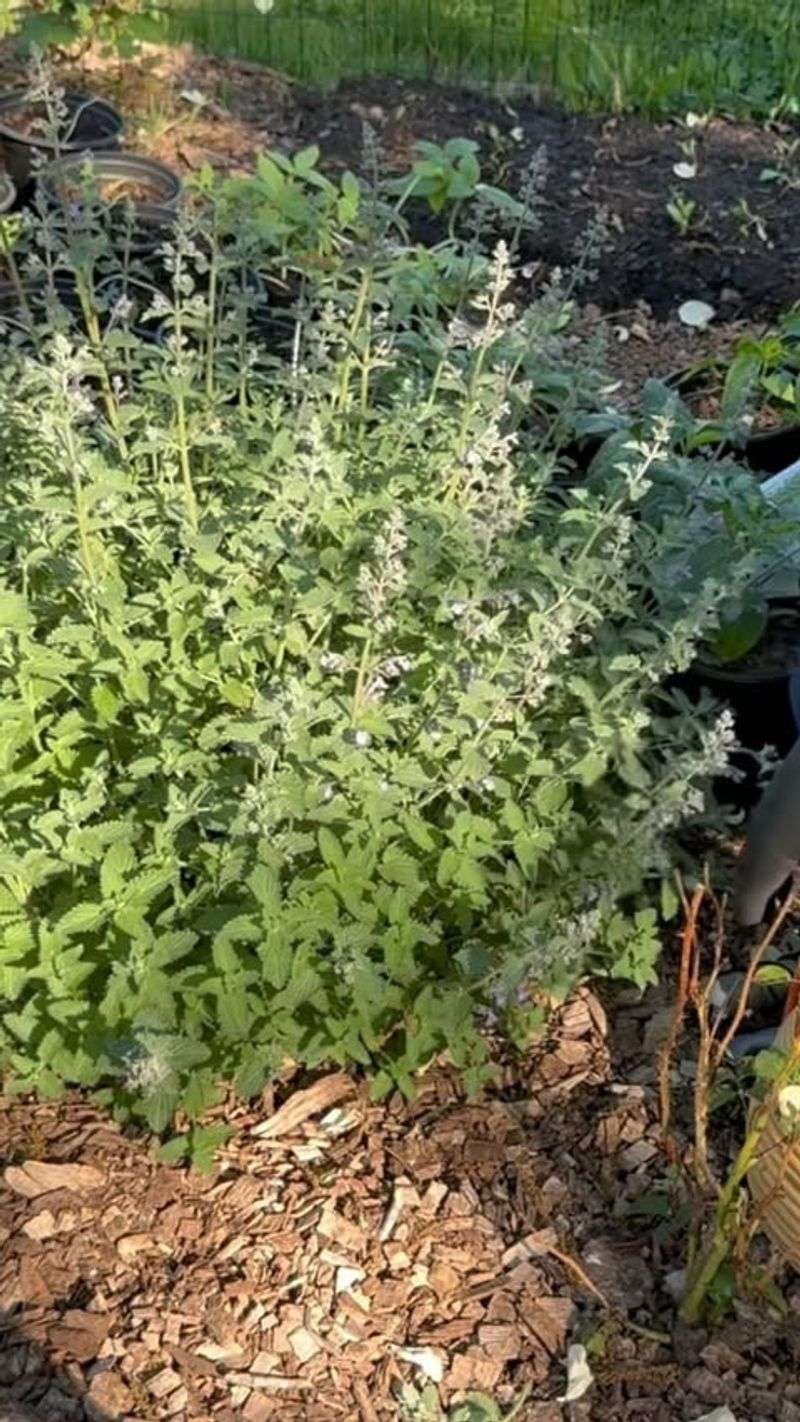
Beyond its allure for cats, catnip is known for its calming effects on humans, helping to relieve stress and headaches.
This herb, with its fuzzy leaves and delicate white flowers, is an interesting addition to your garden. Plant catnip in a sunny area with well-drained soil for optimal growth.
Regular pruning will encourage bushier plants and more aromatic leaves.


